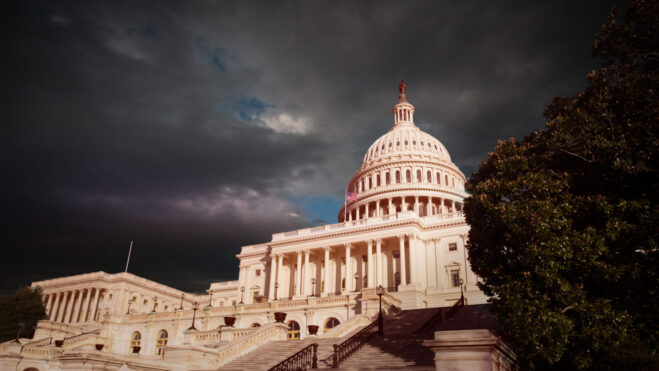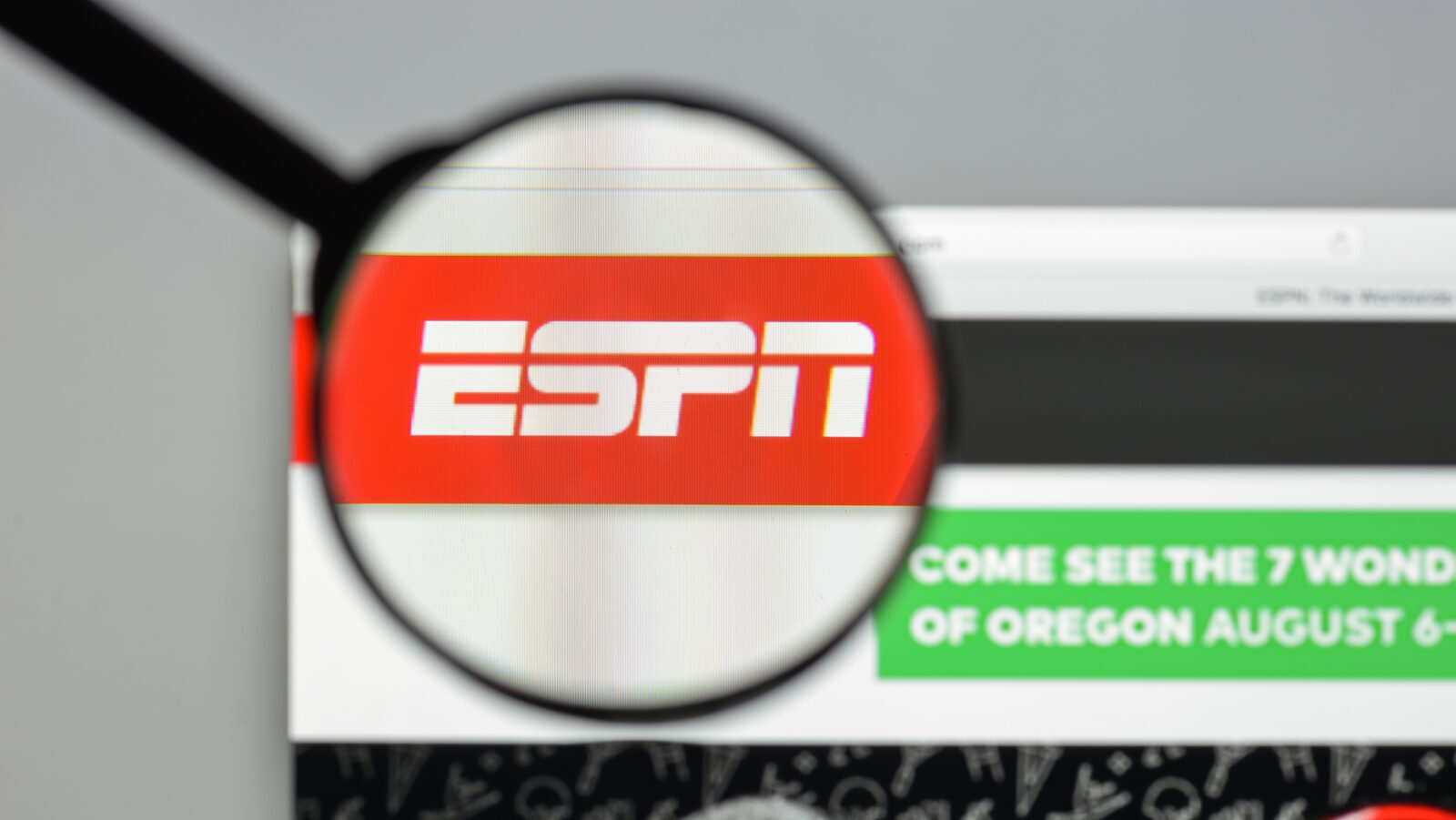Skins Game: Current Impasse Also An Opportunity To Get Online Casino Legislation Right
Thoughts on the importance of skins/brands and how legislative frameworks can be structured to support multiple brands under one license.
7 min

Branding matters, maybe doubly or even triply so in the online casino realm. But what happens in the future when operators are unable to offer more than one online casino brand due to state law?
Operators have built their player databases through various acquisition channels. From there, the funnel to successfully convert an existing patron to a registered/deposited player is a function of various factors, such as product and promotions, but also brand recognition, familiarity, and trust.
For online sports wagering, to this point, one brand per operator has generally sufficed. Conversely, a review of the U.S. regulated online gambling operator landscape reveals that there is a clear need for operators to rely on more than one brand for online casinos.
If online casino legislation in future states follows the pattern set by currently enacted sports wagering legislation, online casino operators may not have the ability to offer multiple brands under one license. If an online casino operator is required to obtain multiple licenses to offer multiple brands, this could negatively impact the number of operators who enter the market (assuming the number of operators/access points is capped in law).
This is currently an issue in Michigan, where the law only allows each of the 15 allocated licensees (12 tribal casinos plus three commercial casinos) to offer one brand for online casino games and poker. As a result, Caesars purchased WynnBET’s online casino license (with the Sault Ste. Marie Tribe) to support Caesars’ goal of launching a second of its own online casino brands later this year. In turn, this keeps another prospective operator out of the Michigan market.
In a state like Illinois where only one online sports wagering platform (brand) is available for each casino or horse track, a similar approach to online casinos could possibly preclude new operators from entering the market if the number of access points is kept the same while restricting each to one branded platform. In a state like West Virginia where each casino/racino can deploy up to three branded platforms (sports and casino), a company like DraftKings will require three separate licenses if it wishes to offer the Jackpocket online casino brand in addition to its current DraftKings and Golden Nugget online casino offerings.
Of the 38 states (plus D.C. and Puerto Rico) that have legalized sports wagering, only eight so far (Connecticut, Delaware, Michigan, New Jersey, Nevada, Pennsylvania, Rhode Island, and West Virginia) have legalized online casinos. With 40-plus states not having passed online casino legislation, now is the time to ensure branding limitations do not become an issue in other states in the future. (Note, Nevada has only authorized online poker and would require regulation changes to allow other casino games.)
With an uptick in recent merger and acquisition activity in the online sportsbook/casino space, along with the recent growth in adjacent verticals (i.e., daily fantasy sports, online lottery, and online sweepstakes), there is more of a need to revisit the general structure of online casino legislation to ensure enough operators can enter the state. Further, and equally as important, the legislation must ensure that operators have the flexibility in the brands they offer.
While the industry has been frustrated by the slowdown in the pace of online casino legalization the last few years, I submit that the impasse is actually an opportunity to structure legislation that fosters an environment allowing operators to be flexible and innovative in the brands they offer, a necessary component to create a thriving regulated online casino marketplace.
Below, I offer a few thoughts for consideration on the importance of skins/brands, how legislative frameworks can be structured to support multiple brands under one license, the importance of such a framework, and the groups that can help make these changes in future legislation.
What’s in a ‘skin’
A skin is essentially a branded platform — BetMGM, Caesars, DraftKings, Fanatics, FanDuel, ESPN Bet, etc. The term, and concept, originated well before New Jersey legalized online casinos in 2013. Online operators in more mature markets, like Australia and Europe, have utilized different gaming brands to appeal to various subsets of customers for years. Increasing brand loyalty helps convert more players from the illegal market and ultimately maximizes taxable revenue to the jurisdiction.
When thinking about this in the broader picture, this is no different than other regulated industries where parent corporations offer different brands and products to appeal to different customers and their wants and needs. PepsiCo offers zero sugar, cherry, vanilla, regular, etc. Suntory Global Spirits offers Jim Beam, Maker’s Mark, and Knob Creek, along with multiple international scotch and whiskey brands.
Different brands resonate stronger with different customers. More brand familiarity and options lead to more converted customers.
A quick look at the text
Before we go further, consider the enabling legislation for online casinos in Michigan, and the online casino regulations in West Virginia:
Michigan legislation (HB 4311) (emphasis added):
(7) An internet gaming operator may offer internet gaming under a maximum of 2 separate brands, 1 for each of interactive poker and other casino style games. This subsection does not prohibit an internet gaming operator from using fewer than 2 brands or from using a single brand to offer any combination of interactive poker or other casino style games.
West Virginia regulations (emphasis added):
§ 179-10-20 Limitations on licensed i-Gaming operators
Each interactive gaming operator, at its discretion, may provide no more than three individually branded online i-Gaming websites and accompanying mobile applications.
Any individually branded i-Gaming website or mobile application provided by an MSP [Management Services Provider] must on its webpage and mobile splash screen conspicuously bear the name of the i-Gaming operator with whom it is affiliated.
Recommendations
Appreciating that each state will have its own nuances when contemplating online casino legislation, I recommend a few key points for consideration to ensure (1) maximum brand flexibility for operators, (2) rewarding existing physical gaming licensees for their prior investment in the state via tethered online access, and (3) allowing a robust and competitive operator landscape:
- Grant each existing gaming licensee (e.g., casino/racetrack licensee) the ability to offer up to three interactive gaming platforms;
- Allow the existing gaming licensee to operate the platform, or to partner with another licensed entity or entities to operate the interactive gaming platform(s) on their behalf;
- Allow the existing gaming licensee, or the entity contracted with the existing gaming licensee, the ability to operate the platform under more than one brand.
By utilizing this type of structure in future online casino bills, the number of operators remains capped yet robust, but each license will allow an operator to utilize more than one brand if they so choose.
Why this matters
The ability for operators to offer multiple brands is of more importance for online casinos than it is for online sports wagering.
An operator may use one brand that resonates directly with one patron, but makes no sense to another.
Using DraftKings as an example in a newly legalized online casino state where the company already offers online sports wagering via DraftKings Sportsbook, and online lottery courier purchasing via Jackpocket: The DraftKings Sportsbook customer may have a desire to play online casino games on the DraftKings online casino, but may have no desire or brand recognition if given the opportunity to play those games on the Jackpocket online casino. Conversely, the customer that has been purchasing their favorite lottery tickets on the Jackpocket lottery app may immediately gravitate to playing online casino games if they encounter Jackpocket’s online casino, but they may have zero desire or brand recognition at DraftKings’ online casino.
The ability to reach a wider audience is important to operators to maximize the revenue opportunity. There are numerous other benefits if an operator can utilize a multi-brand strategy, including, but not limited to: seamless conversion from other adjacent verticals (e.g., social casino) to online casino when a state legalizes, reducing customer acquisition costs, increasing the lifetime value of patrons, and improving the customer journey across brands.
Based on evidence in the market, it is highly likely that most online operators will offer multiple brands in future states that legalize online casino wagering. Several operators are doing this currently in a mix of states (New Jersey, Pennsylvania, West Virginia). BetMGM, Caesars, DraftKings, and PENN Entertainment have all shown they rely on multiple brands for their digital offerings.
When factoring in social casinos and various brick-and-mortar brands/loyalty programs within these companies’ portfolios, the number of brands quickly grows. And that’s not even factoring in the proliferation of online casino sweepstakes and the voluminous number of new brands in that vertical. If a regulated operator decides to purchase one of these sweepstakes casino brands in the future, this adds another brand that would require an access point if a state legalizes online casinos.
Now is an opportunity to get it right
Illinois (SB 1656), Maryland (SB 603 and HB 1319), New York (AB 9198), and Wyoming (HB 120) introduced online casino bills this year. Although Illinois technically has a chance to pass something later this year, it’s not expected. Maryland, New York (with an outside chance at a special session), and Wyoming have adjourned for the year without passing the above referenced bills.
It is important to note that none of the versions introduced in Illinois, Maryland, or Wyoming would have explicitly permitted an online operator to utilize multiple online casino brands under a single license. New York’s bill specifically restricts each interactive gaming licensee to offer no more than one individually branded skin.

With a vast majority of states concluding their 2024 legislative sessions and the National Conference of Lawmakers from Gaming States (NCLGS) announcing a partnership with Great Britain’s Gambling Commission to form “model online casino legislation” by its summer meeting in Pennsylvania (held July 17-20), now would be a great opportunity for the industry, including operators, trade organizations such as the iDevelopment and Economic Association (iDEA), and educational organizations such as NCLGS, to build a unified stance and to begin educating legislators and other stakeholders regarding the importance of enabling brand flexibility under future online casino legislative efforts. More specifically, the goal should be the ability to offer multiple online casino brands under one license.
I encourage these groups to lead the discussions ahead of legislative sessions beginning in 2025. As many in the industry know, once a law is passed, it’s always tougher to get it changed.
Josh Pearl is an independent gaming consultant assisting various suppliers and operators. Previously he served as the senior director of new markets & strategic initiatives at Penn Interactive from 2016-2023. For the full, unabridged version of the above article, go here.





